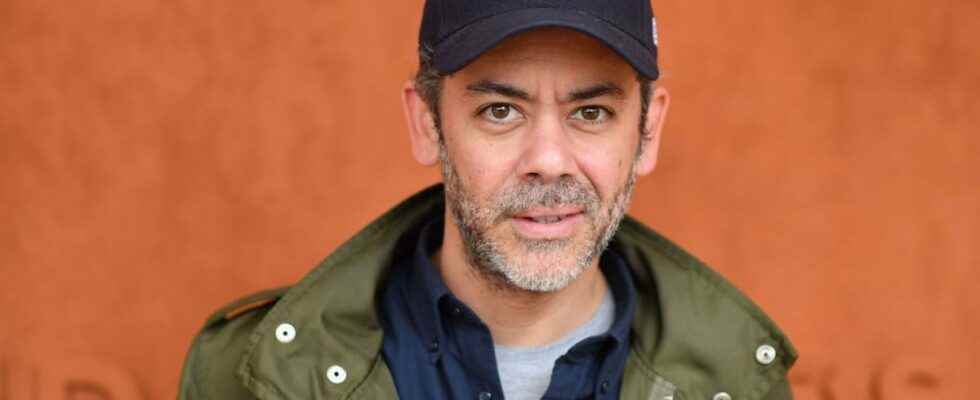Published on
Updated
Reading 2 mins.
Marie Lanen
Head of parenting section (baby, pregnancy, family)
in collaboration with
Andreas Werner (paediatrician)
In promotion for his new show, Emmanuel 2, Manu Payet spoke on an intimate subject on the set of Daily life: a testicular operation that he had to undergo at the age of 6. Doctissimo sheds light on cryptorchidism or undescended testicles.
Guest of Yann Barthès on the Quotidien set, Manu Payet, actor and comedian, spoke about an intimate subject which he echoes in his next show, Emmanuel 2 (from January 19 at the Théâtre de l’Oeuvre): an operation of the testicles in his childhood.
Manu Payet operated testicles at the age of 6
The comedian from Reunion Island evokes on the Daily set a surgical intervention which forced him to come to Metropolitan France: “But in fact, among boys, [les testicules] must go down and in 1981, medicine had to decide, in every sense of the word. It’s an expropriation if you like, a business trip, let’s put it like that, so that they can be of use to me a little later. Indeed, the interpreter of Eric in the film All that glitters is the happy father of a little Lydie born in 2017: “when it worked a short time ago finally, almost six years now, I I thought of this surgeon who had worked well at the time with scrap metal. I said to myself, it turns out the guy is dead but I can give life thanks to him”.
Undescended testicle: an increasingly common anomaly
If Manu Payet does not hesitate to mention this intimate health problem, it is because he also talks about it in his next show. Cryptorchidism or undescended testis is a “fairly common” malformation of the male reproductive system, according to pediatrician Dr. Andreas Werner. Indeed, according to the official Social Security website, Cryptorchidism affects:
- 20 to 30% of premature boys. Very premature babies are more affected by this disease;
- 2 to 4% of full-term newborns. Cryptorchidism usually corrects spontaneously during the first 3 to 6 months of life and its frequency is only 1% at the age of 6 months. After the first year, if the testicle has not descended, the disease becomes permanent and requires treatment to avoid the risk of complications.
The testicles: monitoring from birth
“Normally, from birth, the pediatrician checks that the testicles have descended. During each visit, especially during the key consultations of the health record, the pediatrician examines the genitals of the boys in order to diagnose this malformation” indicates Dr Werner. “If the practitioner observes cryptorchidism (or undescended testicle) or testicular ectopia (testicle located outside of its normal migration path) or even an oscillating testicle (or lift testicle, which goes up to the level of the groin); we always leave a little time before surgery. The latter will be proposed around the age of 18 months in order to avoid complications, namely infertility or a greater risk of testicular cancer” specifies the pediatrician. “I advise parents to check that their boy’s balls have descended, especially after the bath when he is relaxed because the testicles tend to descend at this time. If in doubt, you should talk to your doctor and ask for a surgical opinion” concludes Dr. Werner.
